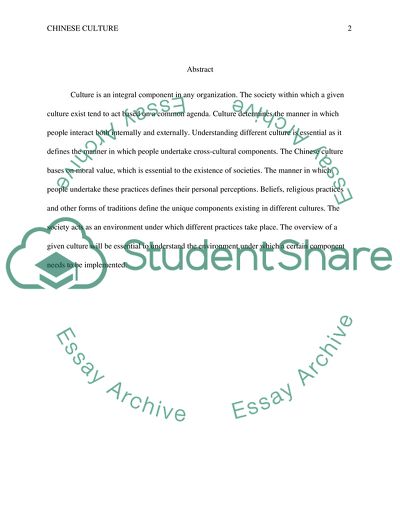Cite this document
(Chinese Culture Principle Literature review Example | Topics and Well Written Essays - 1500 words - 4, n.d.)
Chinese Culture Principle Literature review Example | Topics and Well Written Essays - 1500 words - 4. https://studentshare.org/culture/1878057-culture
Chinese Culture Principle Literature review Example | Topics and Well Written Essays - 1500 words - 4. https://studentshare.org/culture/1878057-culture
(Chinese Culture Principle Literature Review Example | Topics and Well Written Essays - 1500 Words - 4)
Chinese Culture Principle Literature Review Example | Topics and Well Written Essays - 1500 Words - 4. https://studentshare.org/culture/1878057-culture.
Chinese Culture Principle Literature Review Example | Topics and Well Written Essays - 1500 Words - 4. https://studentshare.org/culture/1878057-culture.
“Chinese Culture Principle Literature Review Example | Topics and Well Written Essays - 1500 Words - 4”. https://studentshare.org/culture/1878057-culture.


